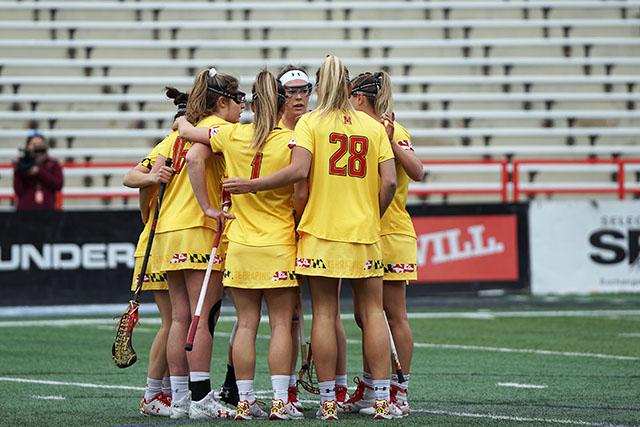Do You Feed Off the Crowd or Lose Focus?
Crowd noise can be a big distraction in sports competitions. Whether it’s cheering, booing, taunting or hurling insults, the crowd’s impact on young athletes can be significant.
The people sitting in the stands can only influence the outcome of a competition without even being on the playing field if athletes let them. For sports kids, performing at peak despite rowdy fans comes down to managing focus and emotions.
Once kids start noticing the crowd noise, their focus is diverted away from performing the task at hand. Some athletes who feed off the crowd become over excited when the crowd is pumped up. They feel the heavy weight of expectations to win.
These athletes struggle to regulate their excitement. They ditch their game plans, and try to do too much to please the fans.
A Crowds impact on Focus
On the flip side, some young athletes who focus on the crowd noise become fearful of embarrassing themselves, making mistakes and losing by a significant margin.
These athletes become overwhelmed by the moment, anxious and have difficulty regaining their focus. In both instances, focusing on the crowd noise, an external distraction, leads to unproductive emotions and under performance.
An effective way to overcome external distractions is to focus inward. Sports kids can focus internally by directing their attention toward the movement of their body or on bodily sensations, such as breathing or relaxing their muscles.
Since kids can’t focus on internal and external stimuli simultaneously, focusing inward minimizes the impact of crowd noise. In the 1,500-meter track event at the 2024 Olympics, the crowd noise was deafening.
Much anticipation revolved around the race between two of the best runners in the world: Jakob Ingebrigtsen, the defending Olympic champion, and Josh Kerr, the reigning world champion.
However, USA runner Cole Hocker pulled off the upset by bettering his personal best by nearly 3 seconds and setting an Olympic record in the process.
After the race, Hocker commented on the 80,000 screaming fans in the arena and the top runners in the field.
“It was a deafening noise,” he said. “I’ve never heard that in a stadium before. I kind of lost feeling in my body, and it didn’t feel like the Olympics anymore until it did… [Ingebrigtsen and Kerr] had all this added pressure and all that and noise. I think that’s part of this. This job is blocking out that noise and it gets harder and harder the more you excel.”
When kids focus on their game plan or breathing, they reduce the impact of the crowd and foster peak performance.
It is important to remember that focus is a choice that kids can control.
Knowing that they have control over their focus is empowering and sparks more robust athletic confidence.
Deep breathing is a quick and easy refocusing strategy. Intentional, conscious breathing helps ground kids in the present moment and slows down the body’s stress response.
This will relax young athletes’ muscles, enhance fluid play and enable better decision-making.
Related Youth Psychology Articles
- Helping Young Athletes Cope with Pregame Distractions
- Don’t Let Spring Distractions Hurt Sports Kids’ Focus
- Top Performance-Busting Distractions For Young Athletes
Instill Confidence and Success in Young Athletes
We’re certain that, as a parents, you want to help your child develop confidence and discipline in sports and life. And as a sports parent, you’d love for your children to reach their potential in sports. But encouraging your child to strive for greatness without pressuring them can be a challenge.
It’s no secret that sports success is linked closely to an athlete’s mental toughness. If your young athletes struggle to perform well in competition, are frustrated with their performance, talk about quitting or display low confidence levels, mental game training can help. Both you and your young athlete can learn how to build mental toughness and improve performance with sports psychology coaching for kids.


